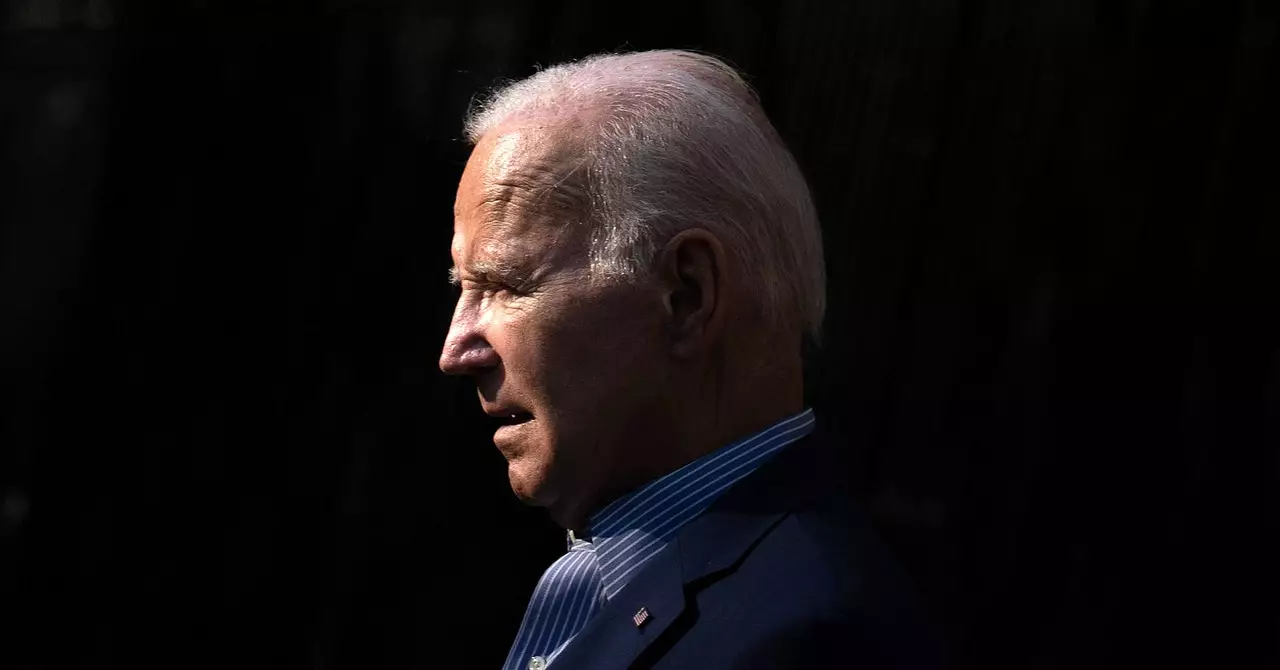The recent AI-generated robocalls impersonating President Joe Biden in New Hampshire have prompted an investigation by the Attorney General’s office. According to the New Hampshire Attorney General John Formella, a Texas-based telecom company called Life Corporation and its owner, Walter Monk, have been identified as the source of these fraudulent calls. In response, the Attorney General’s office has issued a cease-and-desist letter to the company and initiated a criminal investigation into the matter. The Federal Communications Commission has also taken action by sending cease-and-desist letters to Life Corporation and another Texas company, Lingo Telecom, which allegedly provided voice services for the calls. The swift response from both state and federal authorities demonstrates their commitment to preserving public confidence in the electoral process.
Attorney General Formella emphasized the importance of maintaining public confidence in the electoral process during a press conference. He acknowledged that this issue is a top priority and reassured the public that it is being taken seriously. By unveiling the identity of the responsible parties, Formella aims to send a strong message of deterrence to anyone who may attempt to undermine elections through the use of AI or other means. This proactive stance by law enforcement agencies highlights their dedication to upholding the democratic principles of fair and free elections.
These robocalls, which imitated President Biden, were designed to discourage voter participation in the New Hampshire primary. The misleading message urged recipients not to vote on the primary day, asserting that their vote would only matter in the general election. It is estimated that a substantial number of these calls, ranging from 5,000 to 25,000, were made in an attempt to manipulate voter behavior. Such malicious attempts to interfere with democratic processes represent a grave threat to the foundations of our society.
The prevalence of robocalls has become a concern for authorities nationwide, prompting the Federal Communications Commission to propose a new rule. This proposed ban on robocalls utilizing AI-generated voices aims to amend the Telephone Consumer Protection Act (TCPA) of 1991, which governs telemarketing practices. The FCC has previously utilized the TCPA to combat unwanted calls and has successfully penalized violators by imposing fines. Notable cases include the enforcement actions against Jacob Wohl and Jack Burkman, conservative activists who were fined over $5 million for illegally threatening voters during the 2020 election. FCC Chairwoman Jessica Rosenworcel emphasized the importance of consumers knowing the true identity of the caller, highlighting the need for regulatory measures to protect individuals from deceptive practices.
The discovery of the telecom company responsible for the AI-generated robocalls impersonating President Biden in New Hampshire has shed light on the importance of safeguarding the integrity of elections. The swift response from the Attorney General’s office, coupled with the proposed ban on AI-generated robocalls by the FCC, demonstrates the commitment of law enforcement agencies to address these threats. The preservation of public confidence in the electoral process is crucial, and the actions taken against those attempting to undermine it serve as a strong message of deterrence. It is imperative to continue developing robust regulatory measures to combat the growing issue of deceptive robocalls and protect the democratic principles that form the backbone of our society.


Leave a Reply